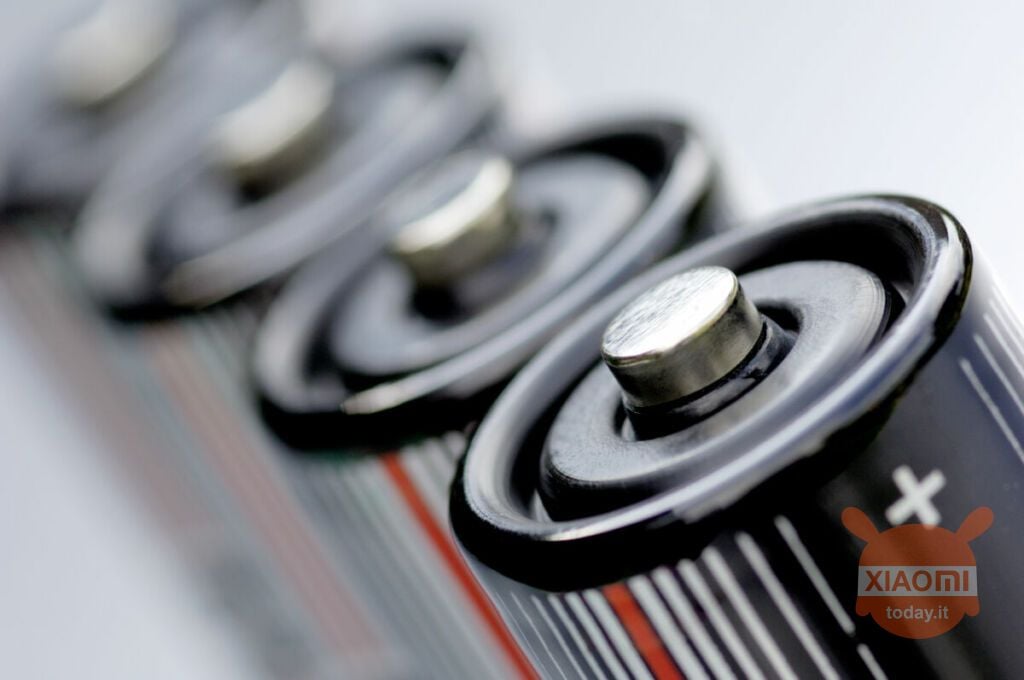
The light is green for a complete regulation of the market of car's battery performance in the EU. After the European Parliament in mid-June, the EU member states have now also given their green light to the regulatory. This concludes the legislative process and the regulation will take effect in the coming weeks. So let's see what the European Union has decreed about the green battery market.
Topics of this article:
An initiative of great importance
This initiative is of great relevance, especially in light of the enormous development of electric mobility. Demand for batteries is predicted to increase more than tenfold by 2030, as envisioned by the EU Council. The regulation, which was previously approved and now formally launched, is based on the proposals for mandatory sustainability criteria for batteries presented by the European Commission at the end of 2020. Interestingly, the agreement reached by the Parliament and the Council now goes beyond the specifications initially drafted by the Commission.
An “e-passport” for batteries
Among the key points of the EU Battery Regulation are a mandatory declaration and labeling, among other things, regarding the components of the car's battery performance and recycled content, as well as an electronic “battery passport” and a QR code. To give Member States and market economic operators sufficient time to prepare, the labeling rules will apply from 2026 and the QR code from 2027.

Read also: Xiaomi introduces solid state batteries: what they are and how they work
Recycling and reuse of batteries
The recycling needs approved by the decision now taken are as follows: minimum levels for materials recovered from spent waste have been set at 50% by 2027 and 80% by 2031 for lithium, and 90% by 2027 and 95% by 2031 for cobalt, the copper, lead and nickel. A certain proportion of these recovered substances will have to be used in new batteries. The minimum requirements will take effect eight years after the regulation takes effect, likely in 2031, and will be 16% for cobalt, 85% for lead and 6% for lithium and nickel.
A greener future
"Batteries are key to the decarbonisation process and the EU's shift towards zero-emission modes of transport. At the same time, end-of-life batteries contain many valuable resources and we need to be able to reuse those critical raw materials instead of depending on third countries for supplies. The new rules will boost the competitiveness of European industry and ensure that new batteries are sustainable and contribute to the green transition", he has declared Teresa Ribera, Spanish Minister for Transition to a Green Economy.








